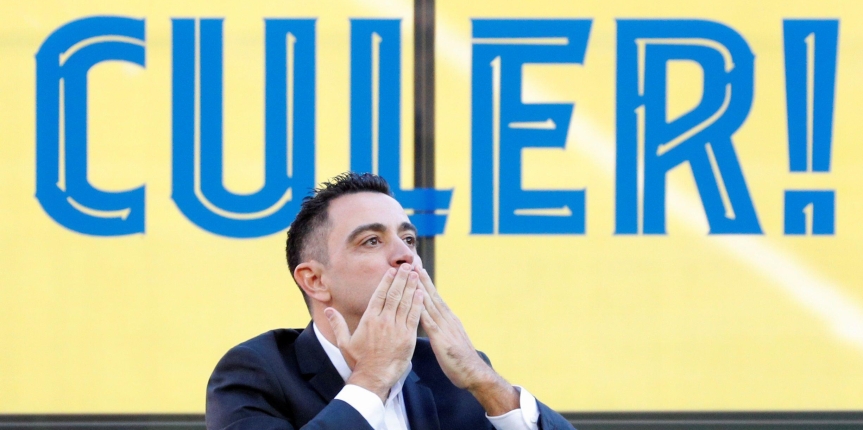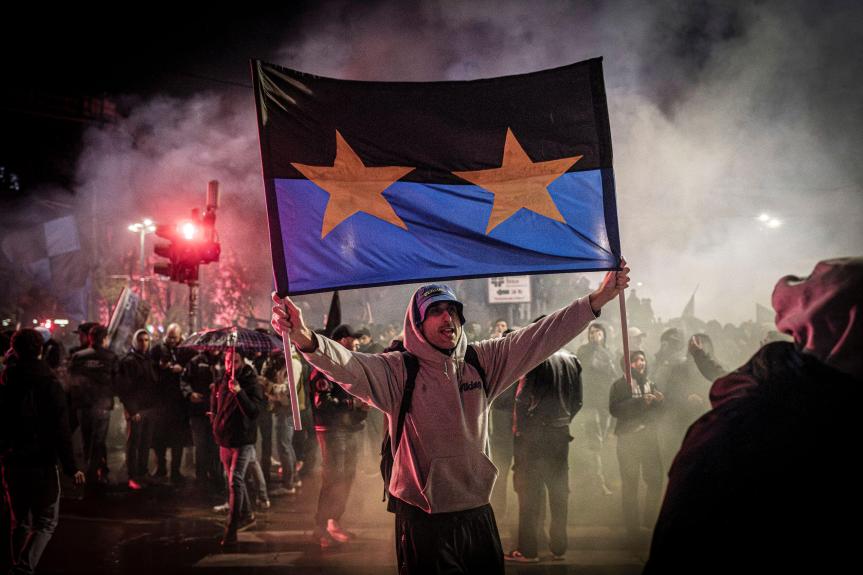FEYENOORD’s Arne Slot has emerged as the favourite for the Liverpool job just days after the 45 year-old led his team to the KNVB Cup. Slot, who was in demand after taking the Rotterdam club to the Eredivisie title in 2022-23, has been the subject of discussions between Feyenoord and Liverpool this week. After having no luck with Leverkusen’s Xabi Alonso and Rubén Amorim of Sporting Clube de Portugal, Slot may not have been Liverpool’s first choice, but he is ranked among Europe’s most promising coaches. His overall career win rate as manager is 62% and 64.63% at Feyenoord. Slot has also coached at Cambuur and AZ. He has openly said that he is interested in the job at Liverpool.
The Premier League title race took a twist this midweek, with Liverpool drifting away from Arsenal and Manchester City. Arsenal thrashed a very poor Chelsea side 5-0, with the Blues’ former forward, Kai Havertz scoring twice. Defender Ben White also netted two goals and the in-form Leandro Trossard was also on the scoresheet. Liverpool’s hopes were damaged by a 2-0 defeat in the Merseyside derby. Everton were denied a penalty early on but goals from Jarrad Braithwaite and Dominic Calvert-Lewin were enough to beat Jürgen Klopp’s jaded team. Manchester City leapt above Liverpool with a 4-0 win at Brighton. Liverpool remain top on 77 points with four fixtures to go, City are on 76 but have a game in hand and Liverpool are three points off the top with four remaining. Tottenham Hotspur could well be cast in the role of “king maker” in the next few weeks – they play all three contenders starting with Arsenal at home this weekend.
Barcelona have announced that their coach, Xavi, will not be leaving the club at the end of the season after all. Xavi, 44, revealed a couple of months ago that he would be stepping down in the summer, a year before his contract was up. Xavi led Barca to the La Liga title last season but this term they have fallen behind Real Madrid and were eliminated from the Champions League by Paris Saint-Germain after winning the first leg in Paris. Xavi will now see out his contract to the end of 2024-25. Needless to say, Barca are please they will not be saying farewell to one of their favourite sons.
FIFA continue to fly in the face of popular opinion and have agreed a partnership with Saudi Arabia’s state-owned oil company, Aramco. The deal, which runs to 2027, gives Saudi Arabia the chance to exercise sponsorship rights for the 2026 World Cup and Women’s World Cup in 2027. Saudi Arabia’s influence on global sport continues to grow – there are more than 300 sponsorship deals across 21 sports at present. Furthermore, Saudi Arabia will host the 2034 World Cup as the only host candidate still running. Amnesty International has pointed out the human rights issues around FIFA’s partnership while protest group Fossil Free Football have complained that the Saudi state is determined to keep the world addicted to fossil fuels.


